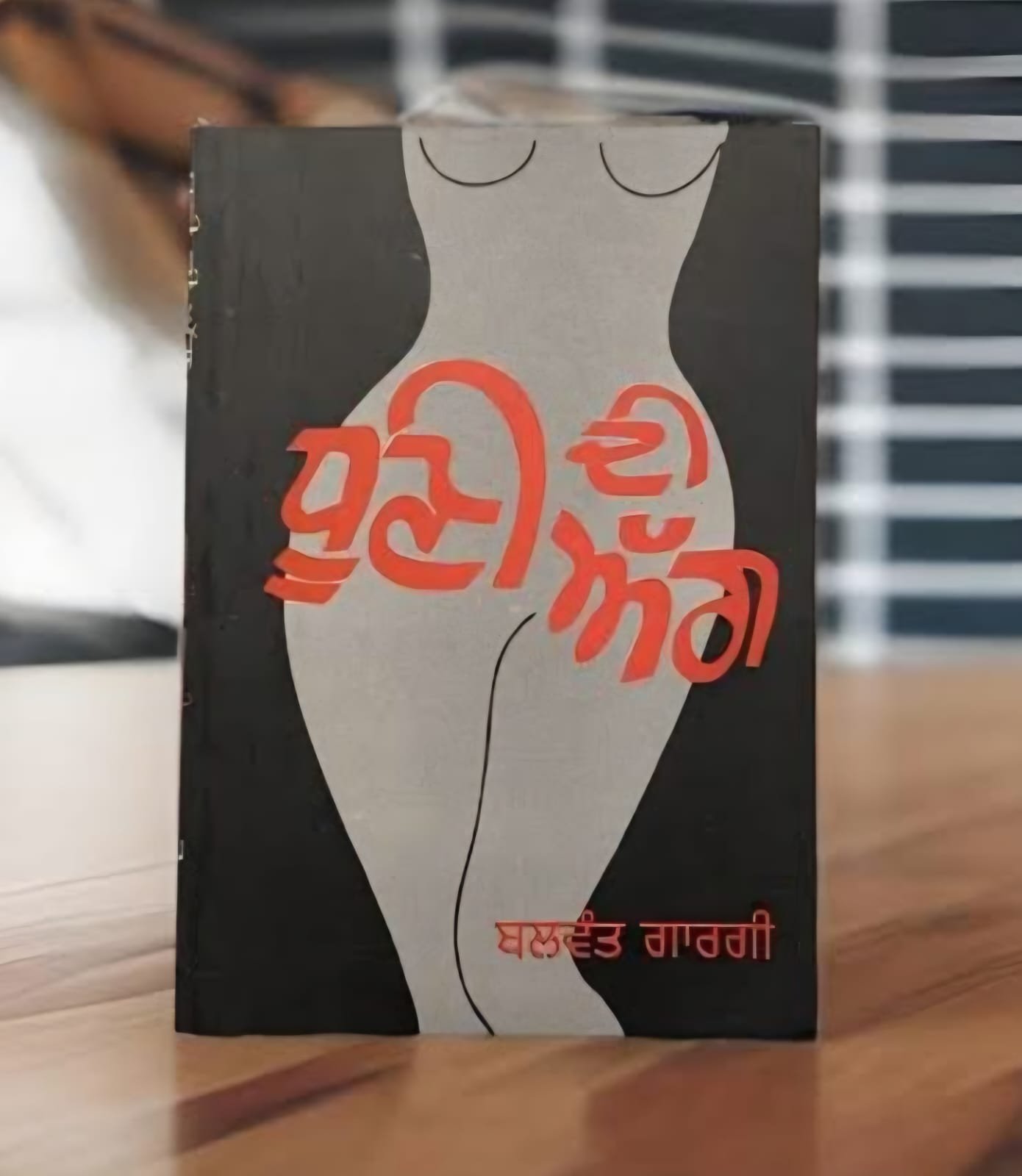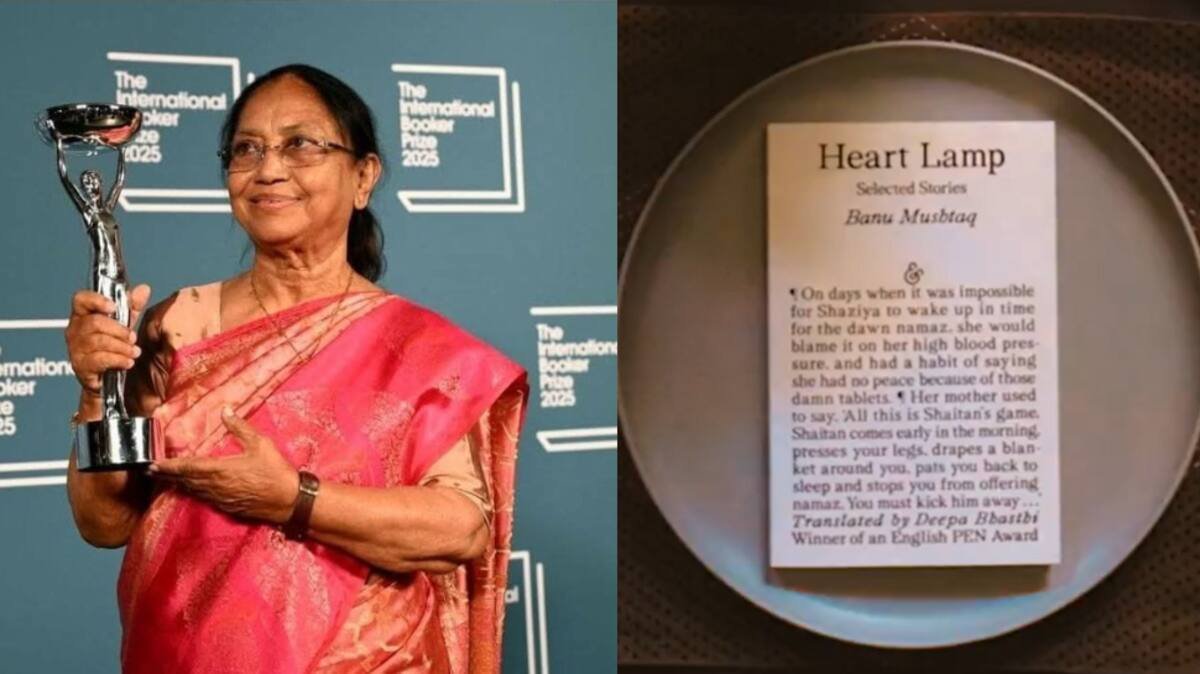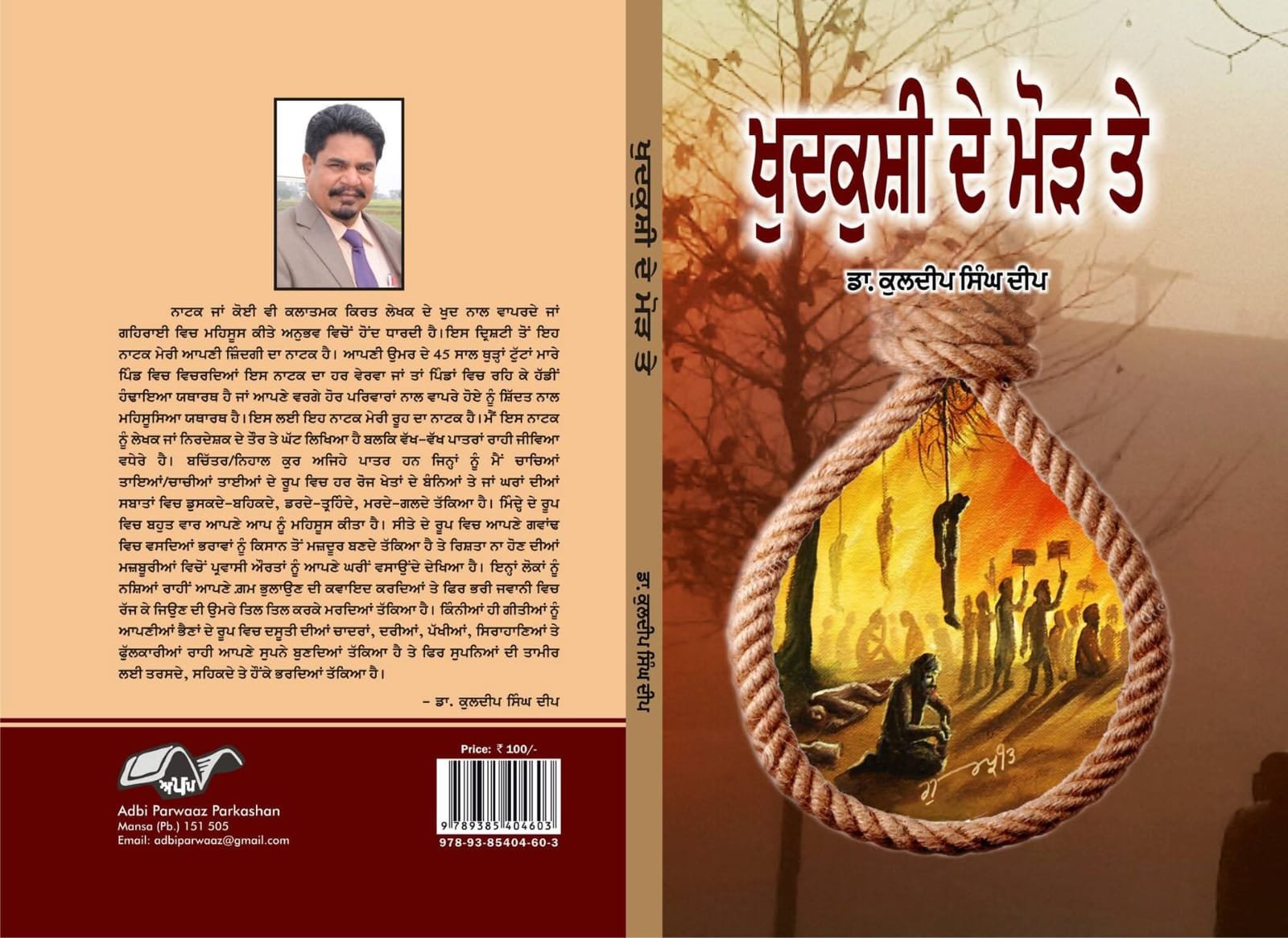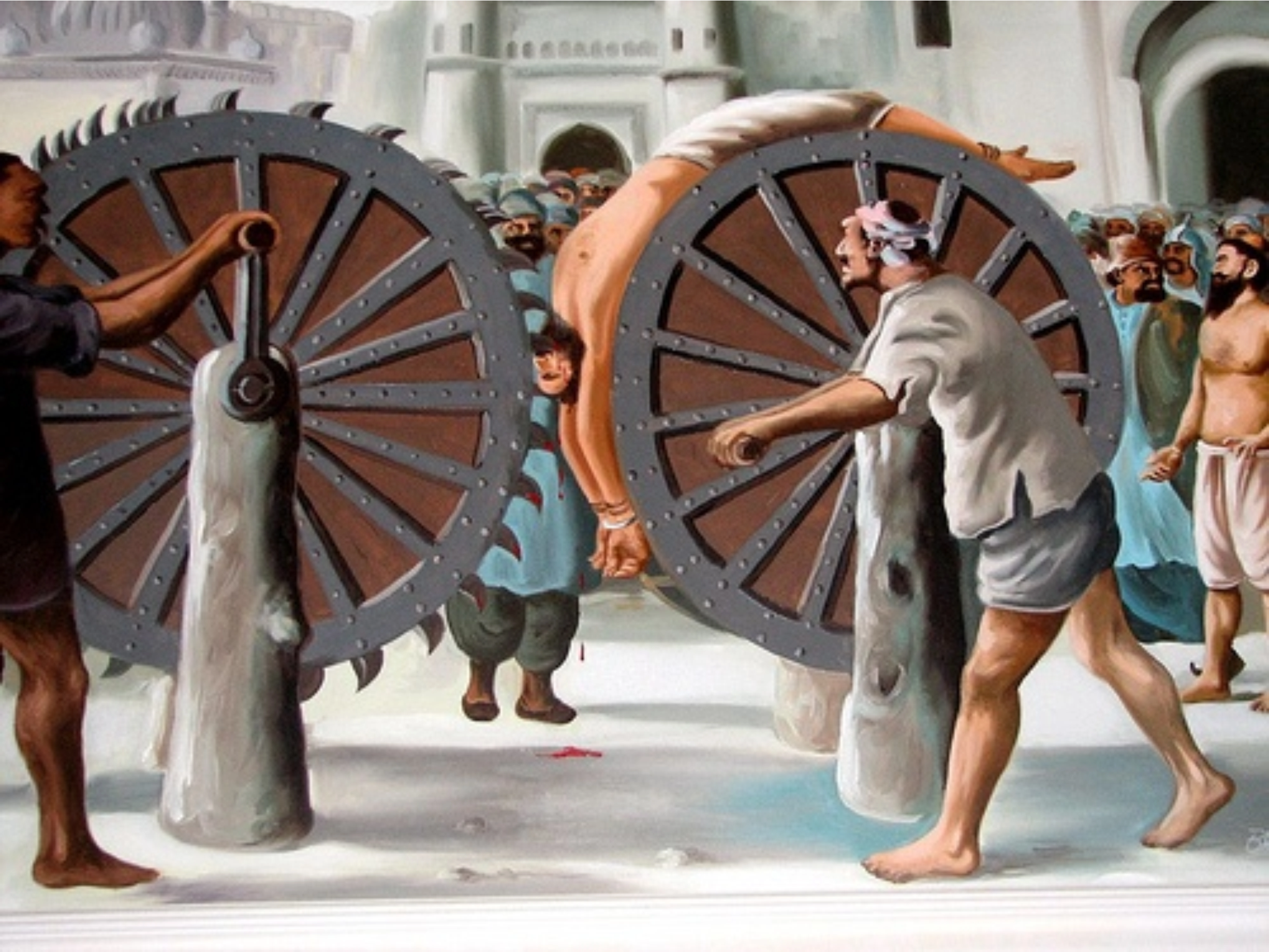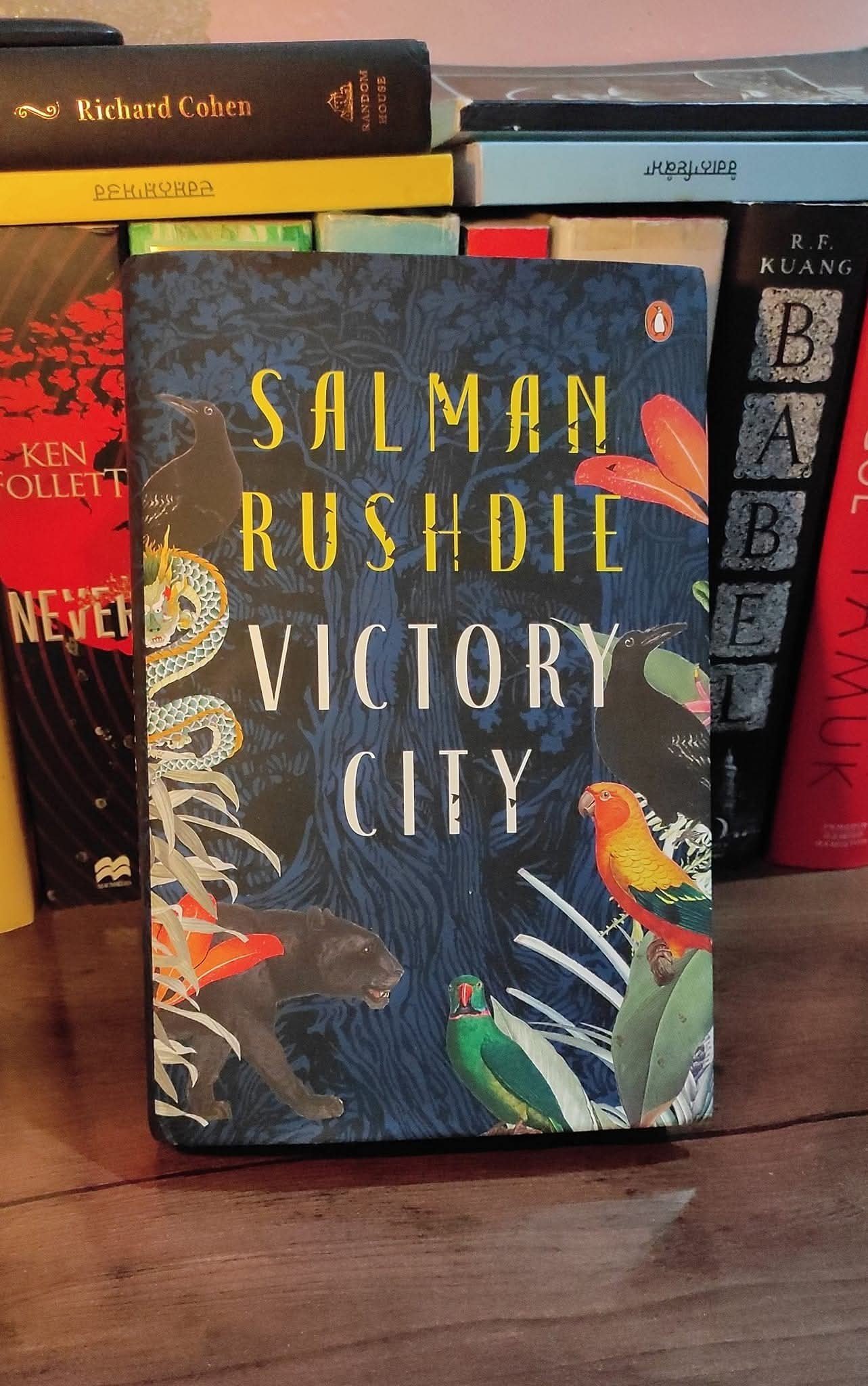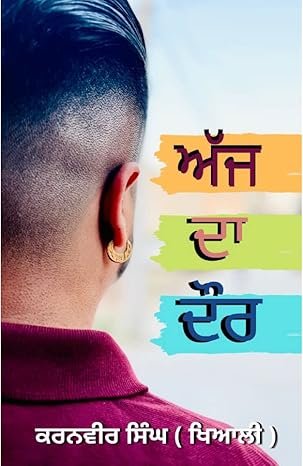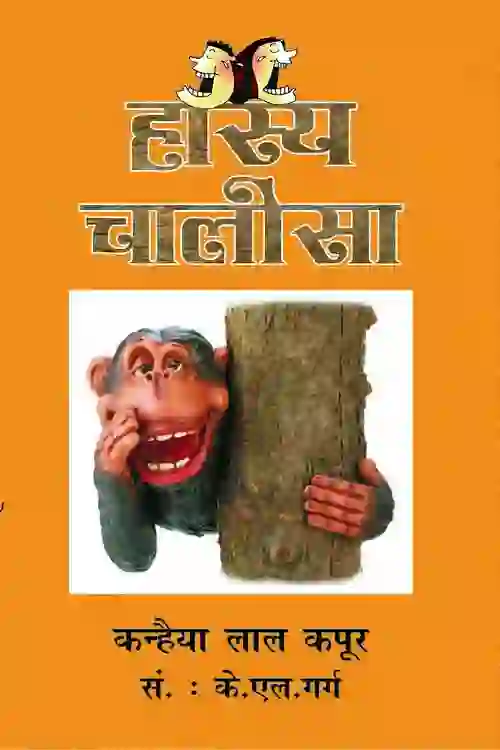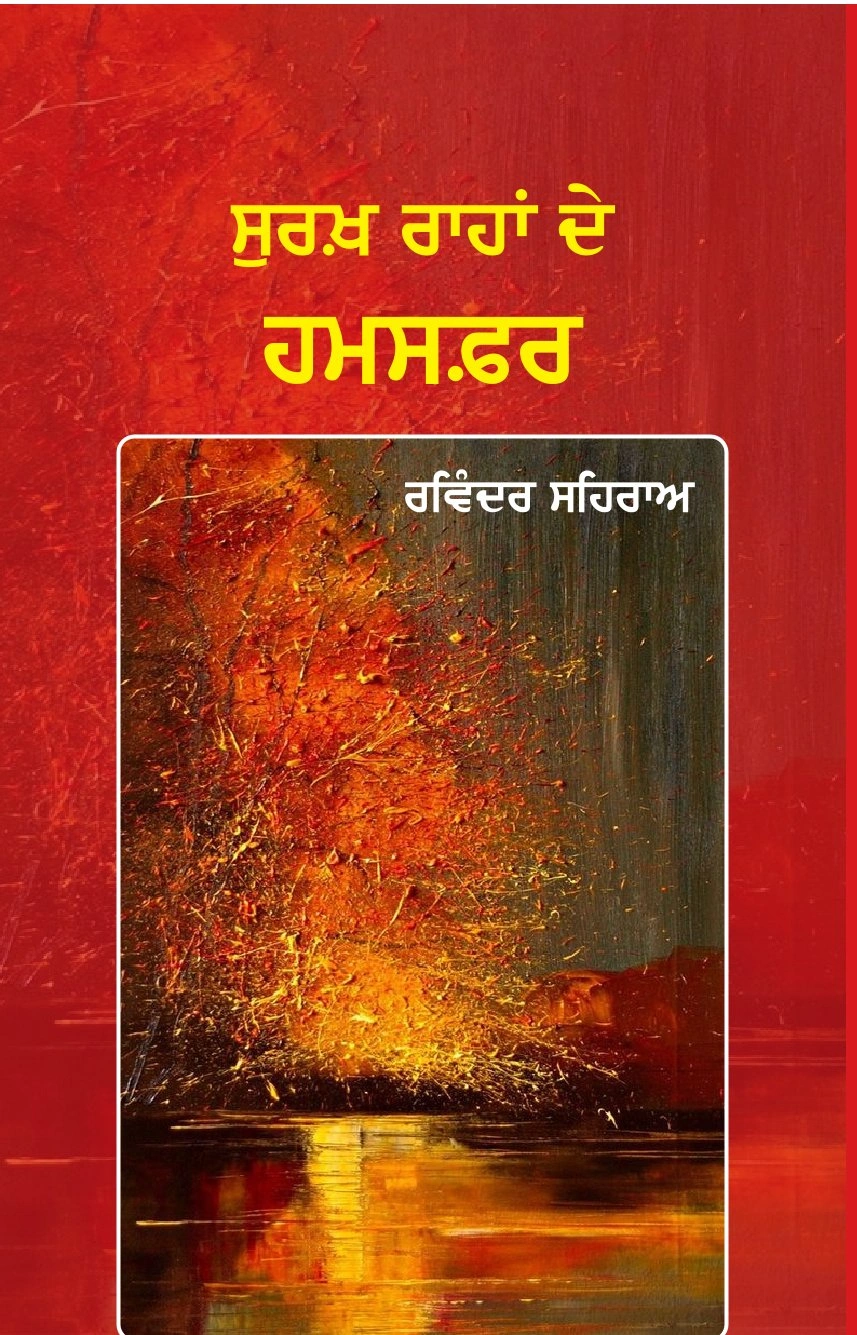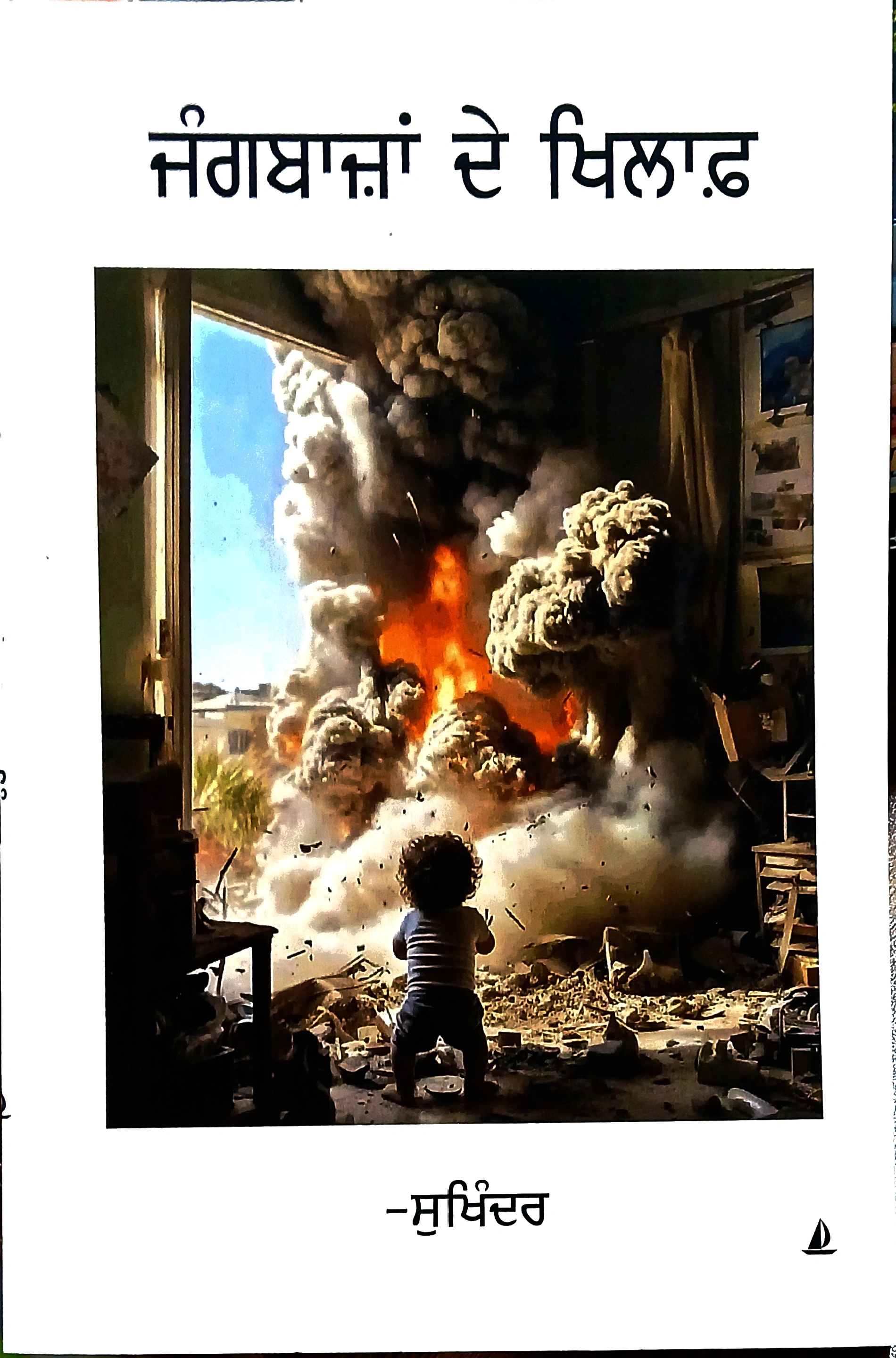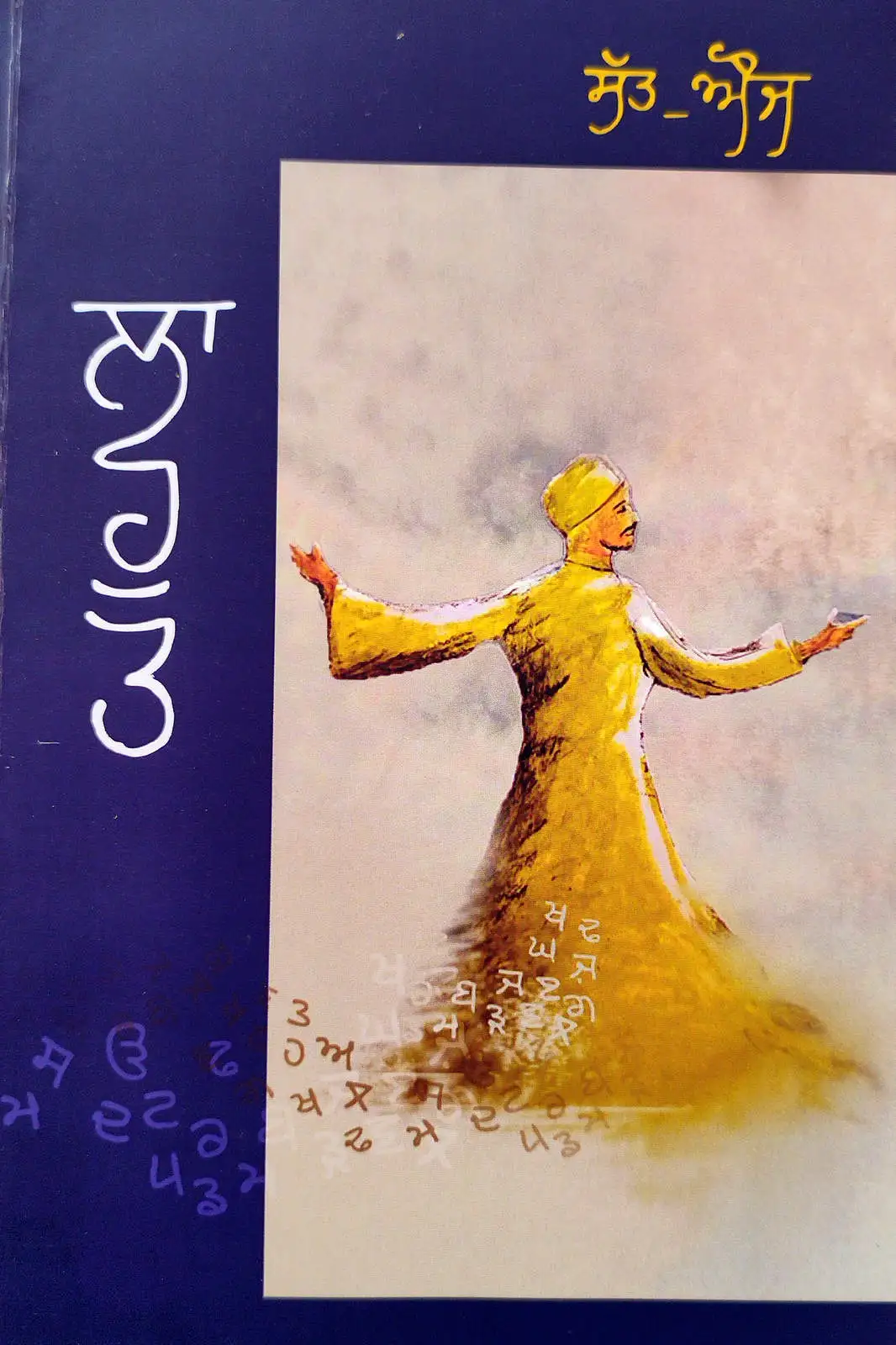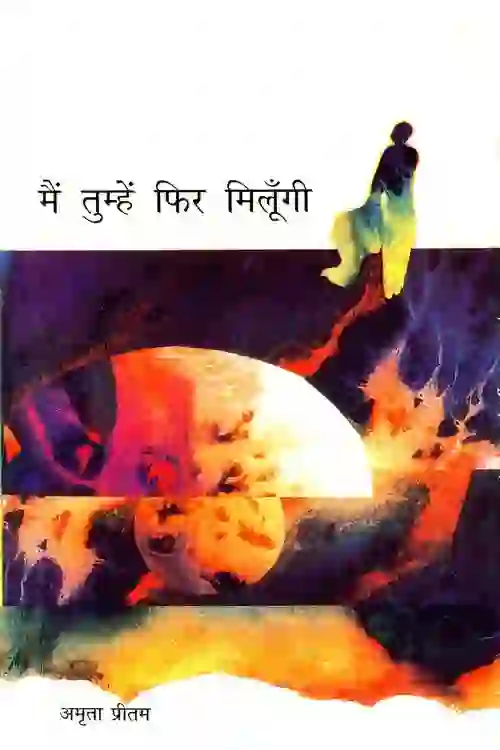“Books are a uniquely portable magic.”
Though this was said by Stephen King, Salman Rushdie is one of those writers who truly proves it — writing, like books, is no less than magic. His latest novel, Victory City, is very much a part of that spell. History and fiction have always been a comfort zone for me, and this novel beautifully blends both.
The story opens with a strong "grabber" moment, and we follow the entire narrative through the epic “Jayaparajaya” (Victory and Defeat), composed by the central character, Pampa Kampana. Rushdie acts as both the narrator and the sutradhar (storyteller), often pausing to discuss Pampa’s epic. The epic is a fictional rendition inspired by the real Sanskrit poem by Gangadevi.
The story begins with an invasion from the north — the king at the time is Muhammad bin Tughlaq, though not directly named. In the battle, all the men are killed, while the women survive. The 9-year-old heroine, Pampa Kampana watches as her mother and many other women commit mass self-immolation. Helpless in that moment of grief, a goddess enters Pampa and gives her divine blessings — a long life and a mission: she will witness the rise and fall of a grand empire on that very land.
Pampa, now carrying this divine purpose, takes shelter in a cave with a sage named Vidyasagar. But he exploits her and later manipulates the king into adopting rigid religious ideals. Two cowherd brothers, Hukka and Bukka, escaped capture by the invaders. Pampa gives them magical seeds that grow into a living, breathing city, complete with men, women, and children. She whispers stories into their ears so they never doubt their existence. Hukka and Bukka become the rulers of this miraculous city.
As the city flourishes, foreign travelers arrive — one of them is the Portuguese merchant, Domingo Nunes. Though Pampa marries Hukka, she falls in love with Nunes and has three daughters with him. Nunes also teaches them about gunpowder, aiding in their empire’s expansion. It is Nunes who gives the city its name — "Bisnaga," his mispronunciation of "Vijayanagar" — which everyone accepts.
Over time, Pampa’s long life becomes more of a curse. Everyone she loves — Nunes, Hukka, Bukka — leaves or dies. A civil war for the throne forces her into exile. In the forest, she lives with the goddess Aranyani and her daughters Yuktsri, Yotshna, and Zerelda, along with helpers Haleya Kote and Chinese master Lee. Zerelda eventually leaves with Lee for his country. Pampa, through birds, keeps an eye on the city. She later returns to whispering stories into the ears of people again, hoping to bring change.
After 13 kings come and go, Krishnadevaraya ascends the throne. Zerelda’s descendant arrives with him, and the people revere her as a goddess. But Queen Tirumala and her mother Nagala Devi see her as a threat and conspire to have her and the minister Timmarasu blinded. This marks the beginning of Bisnaga’s decline. In the end, Pampa finishes her epic and dies.
The novel is structured like an epic, divided into four parts — Birth, Exile, Triumph, and Fall. These are the same phases that epic heroes must traverse. It’s written in the style of Magical Realism — where reality and fantasy are woven together in storytelling and character depiction. Think Gabriel Garcia Marquez, Günter Grass, or Rushdie’s own Midnight’s Children. The narrative includes real figures and events from Vijayanagar’s history, though some characters are fictional. Pampa Kampana’s age mirrors the span of the empire itself.
Rushdie’s intellectual depth shows in the layers of interpretation his story offers. He addresses themes of religion, politics, social inequality, and the role of women — all wrapped within the story’s framework. The character of Vidyasagar, for instance, embodies the intersection of religion and politics. During Pampa’s exile, there are rumors of “pink monkeys” preparing to attack the “brown monkeys” — a symbolic commentary on colonialism and foreign companies (French, Portuguese, British) entering India. Pampa being exiled also parallels Rushdie’s own “exile” due to the fatwa following The Satanic Verses. This is his signature style, evident across his works.
Like all great novels, this one isn’t without flaws. Some characters and storylines remain underdeveloped — what becomes of Hukka and Bukka sons, for example? Pampa repeatedly pushes for women’s leadership, but this feminist ideology feels unfinished. Despite her magical powers, she wavers between realism and fairy tale tones. Still, I’d recommend this book to everyone — especially those who are tired of flat, single-layered narratives. Indian novels often avoid stylistic experimentation, so some readers may find this genre unfamiliar or even boring.
PS – On August 12, 2022, shortly before this novel’s release, Salman Rushdie was attacked — shaking the literary world. Like his heroine, he too suffered because of religious extremism and lost one of his eyes. After several surgeries, he recovered, and this novel was finally released in February 2023.
Agriculture & Industry
Applied Arts
Biographical Writings
Career & Skill Development
Children Books
Computers & Information Technology
Myths, Culture & Folklore
Economy & Finance
Education & Exams
Fine Arts
General Knowledge & Reference
Health & Wellness
History
Language & Linguistic Studies
Law & Criminology
Literature & Literary Studies
Media & Journalism
Medical Sciences
Motivation & Self Help
Performing Arts
Philosophy & Ideology
Politics & Political Science
Public Administration
Religion & Spirituality
Science & Engineering
Society & Social Sciences
Sports, Travel & Hobbies
India: National & State Concerns

